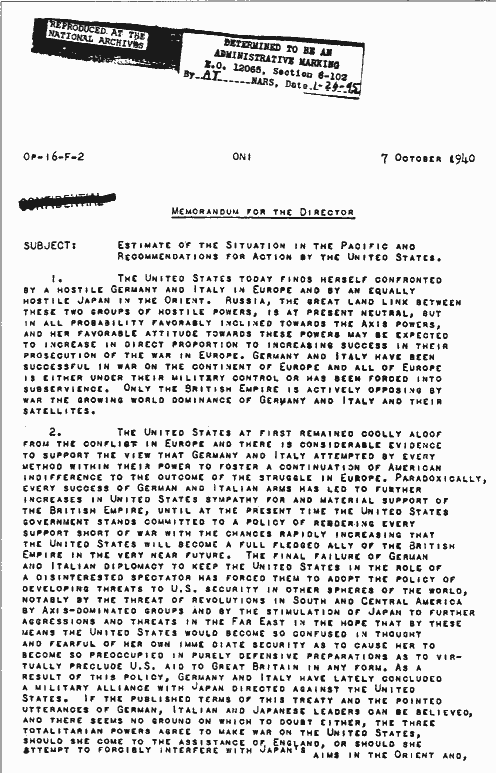kmguru
Staff member
Spy Agencies Turn to Newspapers, NPR, and Wikipedia for Information
A few days ago, a senior officer at the Pentagon called his intelligence officer into his office. The boss had heard a news report about China while driving to his office and wanted some answers. It wasn't a tough assignment, given the news coverage, but there was a hitch. "There was plenty of information in the public domain about the topic," recalls the intelligence officer, a 10-year veteran. "And yet, if there wasn't some classified information cited in my report, the boss would never believe it was accurate."
The officer calls it "the seduction of the 'top-secret' stamp."
That's a common refrain in the intelligence community when the subject of so-called open-source information comes up. It's the kind of anecdote recounted over and over again this week at the intelligence community's second annual conference on the use of open-source information.
Another anecdote involves public information—commonly newspaper reports—that is paraphrased or quoted verbatim and then stamped "classified" to make the report more appealing to superiors.
More...
May be Sciforums is in the list too...
A few days ago, a senior officer at the Pentagon called his intelligence officer into his office. The boss had heard a news report about China while driving to his office and wanted some answers. It wasn't a tough assignment, given the news coverage, but there was a hitch. "There was plenty of information in the public domain about the topic," recalls the intelligence officer, a 10-year veteran. "And yet, if there wasn't some classified information cited in my report, the boss would never believe it was accurate."
The officer calls it "the seduction of the 'top-secret' stamp."
That's a common refrain in the intelligence community when the subject of so-called open-source information comes up. It's the kind of anecdote recounted over and over again this week at the intelligence community's second annual conference on the use of open-source information.
Another anecdote involves public information—commonly newspaper reports—that is paraphrased or quoted verbatim and then stamped "classified" to make the report more appealing to superiors.
More...
May be Sciforums is in the list too...

